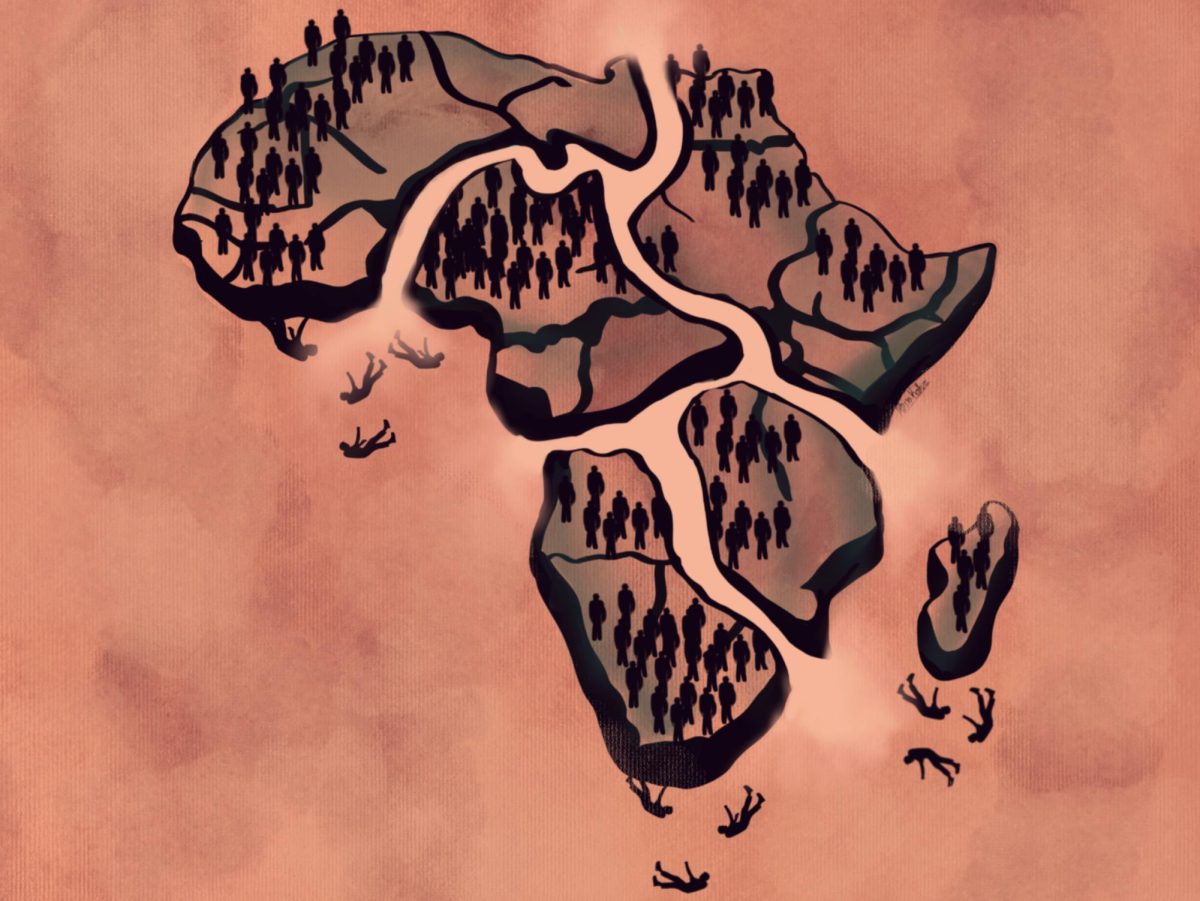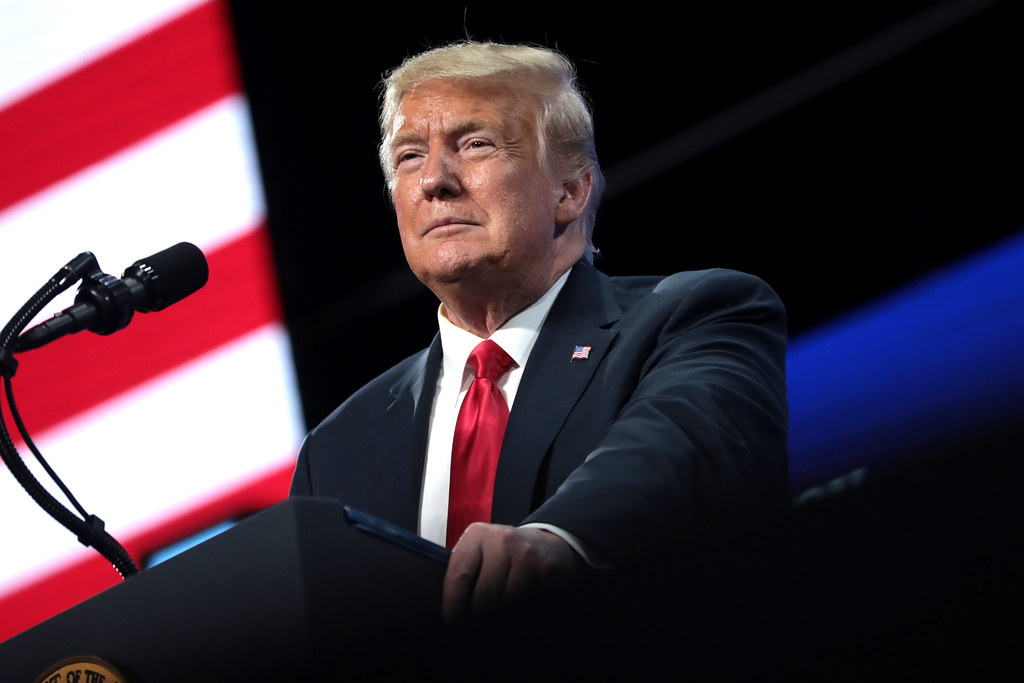Turkey faces many problems…and it is not Thanksgiving

The Turkish flag is stained with problems.
June 12, 2017
Plagued by ISIS and internal problems, Turkey has become a ticking time bomb. In the past year, terrorist attacks have kept the population fearful. From the nightclub bomb to the failed coup, the Turkish public has become weary of danger.
For the past 11 years, president Tayyip Erdogan has tried and failed to lift the spirits of the Turkish people. His constant promises of a “New Turkey” clashed with the ideals of the Founding Father of Turkey, Mustafa Kemal Ataturk, and the interests of the public.
Taking numerous actions against Ataturk, Erdogan has demolished the country’s biggest farm and devastated Turkey’s largest forest in order to create himself a thousand-room palace and multiple mosques. Reducing the forest even further, he had the largest amusement park in Europe constructed.
All of these actions were against the law. Additionally, Erdogan has overridden the right to free speech. Anyone who has spoken out against the President is now imprisoned, including hundreds of journalists jailed globally. Many newspapers and books are banned from being published as well, and only a selected few outlets remain in the business of journalism. For the past 11 years, Erdogan has driven the country into the ground, failing to take a stand against the PKK terrorists in the East or ISIS in the South, and now the nation is divided amongst all.
Recently, the Turkish people were left with one big question. Should there be change in the Turkish democracy? After Erdogan’s disregard for the law, Parliament and the Judiciary were fed up with the President. The chronic struggle between Erdogan and the other branches of government eventually led him to call for a referendum.
The referendum consisted of two options: one option gives absolute power to Erdogan, which includes the authority to dismiss Parliament, whereas the other choice mandated that Erdogan cannot become an absolute dictator.
To ensure the first option triumphed, Erdogan and his campaign have colored the city with posters, banned any members of the opposition party from playing ‘the no song’ or putting up signs, and spread propaganda to other countries. Germany, Norway, and some other nations in Europe have all exiled Erdogan due to his beliefs. On April 16, the Turkish public was allowed to vote for or against increasing Erdogan’s powers as president a decision that would ultimately decide the fate of the country and its relationship with surrounding nations.
By the end of day on April 16 some were elated while millions of others were forced to take a final look at their democracy. With 51.5 percent of the country voting for and unrestricted president, Erdogan now has absolute power over Turkey. He has addressed his opponents, saying that he “will not be a dictator”, but his critics are not appeased, as no one has been able to interfere with the President’s unlawful banning of the media and shutting down of other branches of government.
Shortly after the poll results came in, a video of President Erdogan altering the votes was released. The possibility of a manipulated referendum was unsettling to the Turkish public and sparked protests in Istanbul and Ankara. Unconcerned with the needs of his people, the President continued to push for an increase in his abilities as leader of the country.







